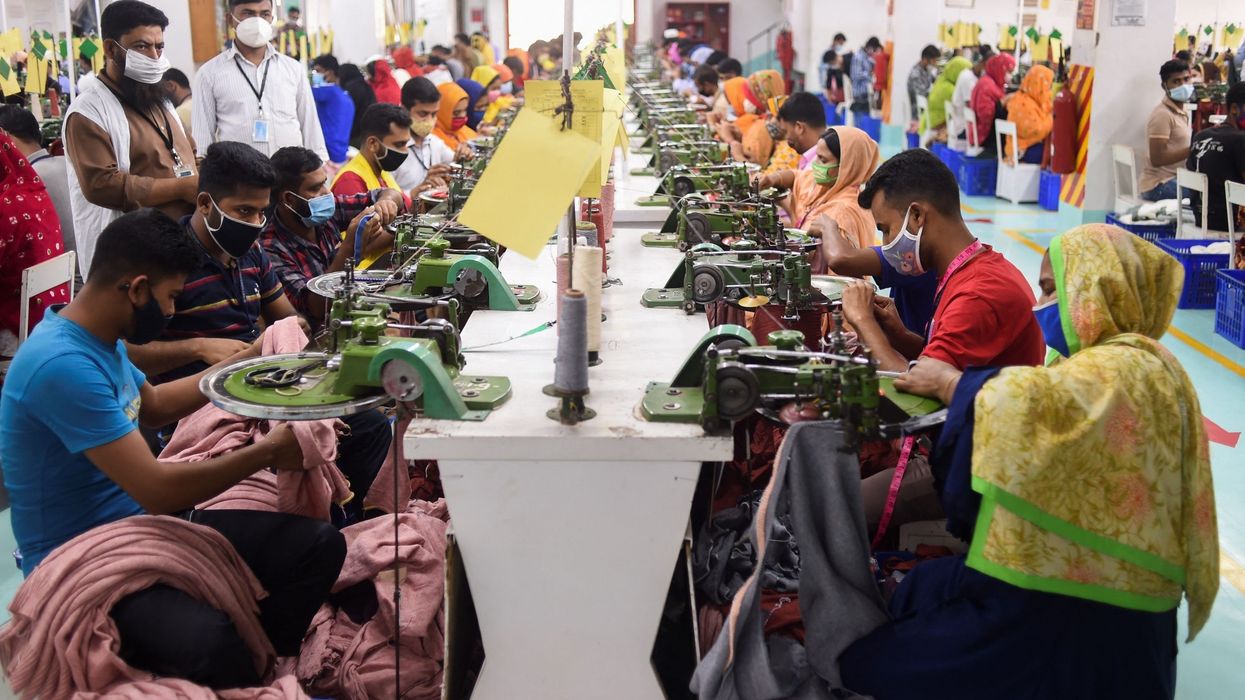BANGLADESH continues to be resilient and a favourite destination for global investors, despite it going through the Covid-induced economic downturn, according to a report released by the US Department of State.
The report, titled “2021 Investment Climate Statements” highlighted the country’s sustained economic growth over the past decade, a large, young, and hard-working workforce, strategic location between the large South and Southeast Asian markets, and the presence of a vibrant private sector.
It praised the Bangladesh government’s efforts to improve the business environment in recent years, but cautioned that implementation is yet to materialise.
The report, which analyses the investment climate in more than 170 global economies that are current or potential markets for US companies, said that Bangladesh has made gradual progress in reducing some constraints on investment.
However, inadequate infrastructure, limited financing instruments, bureaucratic delays, lax enforcement of labour laws, and corruption continue to restrict inflow of foreign investments.
The Asian country has been consistent in achieving annual gross domestic product (GDP) growth of more than 6 per cent over the past decade, with the exception of the pandemic-induced economic slowdown in 2020, the report said.
Much of this growth continues to be driven by the ready-made garment (RMG) industry, which exported $28 billion (£20.3bn) of apparel products in fiscal year 2019-20, it added.
Having unprecedented support from the international community and the private sector, the RMG sector made significant progress on fire and structural safety, the US government noted.
Meanwhile, critical work remains on safeguarding workers' rights to freely associate and bargain collectively, including in Export Processing Zones (EPZs), it said.
Bangladesh is actively seeking foreign investment in key sectors such as agri-business, textile, leather goods, light manufacturing, power and energy, healthcare and infrastructure, and offers a range of investment incentives under its industrial policy and export-oriented growth strategy.
The country’s Foreign Direct Investment (FDI) stock was $16.9bn (£12.3bn) in 2019, with the US being the top investing country with $3.5 billion in accumulated investments, the report said.
In 2019, it received $1.6bn (£1.2bn) FDI, which was only 0.53 per cent of the GDP. This is one of the lowest rates in Asia, according to the US report.
About financial market in Bangladesh, the report said its capital markets are still developing, and the financial sector is highly dependent on banks.
The report also mentioned that terrorist activity reduced in 2020 with a simultaneous increase in terrorism-related investigations and arrests.




